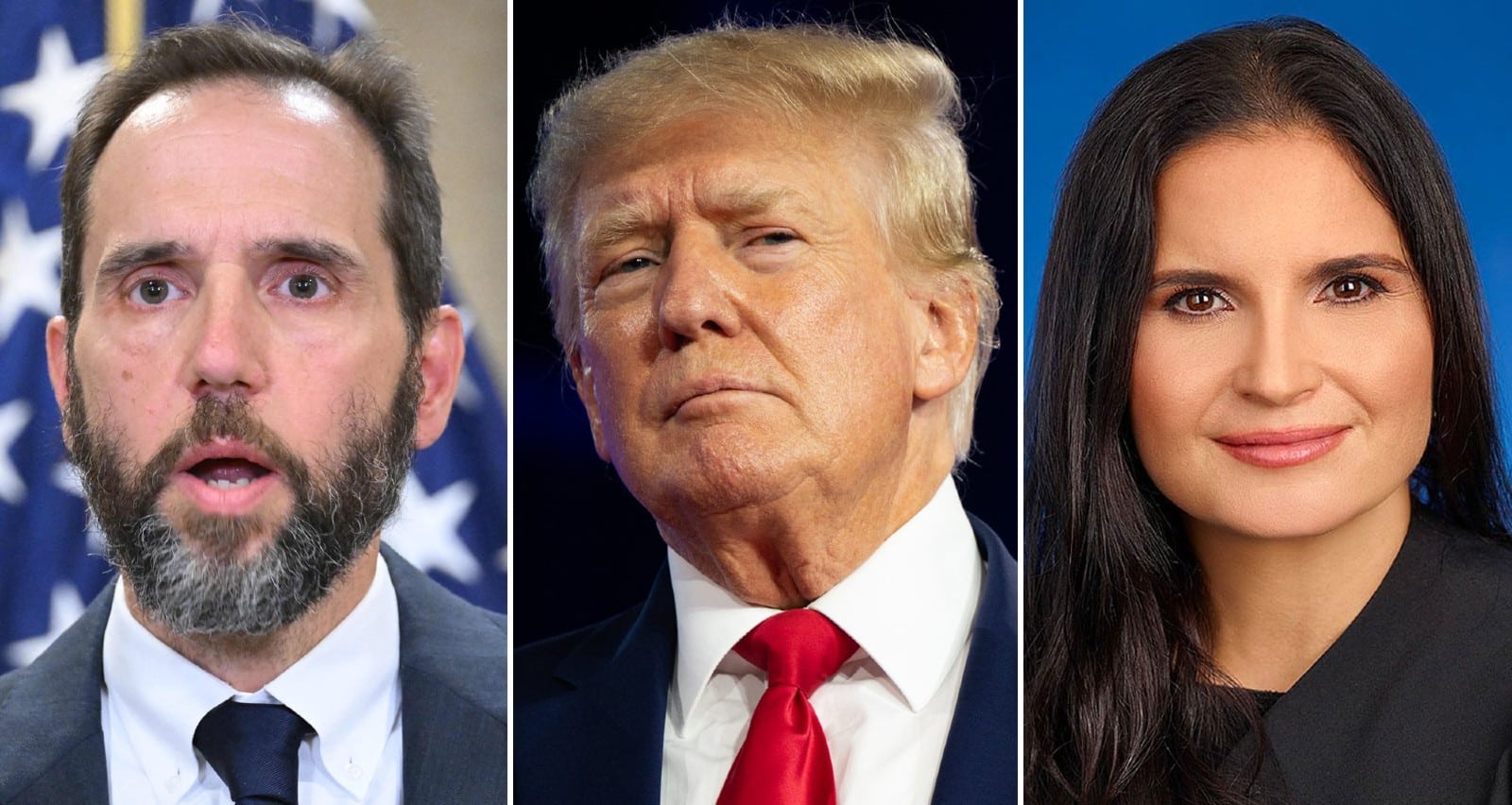OPINION: This article may contain commentary which reflects the author's opinion.
U.S. District Court Judge Aileen Cannon has effectively eliminated the possibility of legal proceedings against former President Donald Trump in July, regarding his alleged mishandling of classified documents. In an order issued on Wednesday, Cannon gave Trump until May 9 to disclose the classified documents that he intends to use to support his case.
On March 18, special counsel Jack Smith had proposed that Trump make his notification under Section 5 of the Classified Information Procedures Act (CIPA). According to reporter Hugo Lowell of The Guardian, this move was suggested as a way to submit the classified documents.
“That’s not an unreasonable length of time to give Trump — it’s typical to give defendants in NatSec cases several weeks to draft their Sec 5 notice so it’s sufficiently specific. But a May 9 deadline might be frustrating for the Special Counsel,” Lowell wrote on X.
“Special Counsel proposed March 18 deadline for Trump to file his Sec 5 notice, in order to get to a July 2024 trial,” he added. “No way that is happening now, given deadline is 7 weeks later. But she also didn’t give Trump the June 17 deadline he wanted — so no 11th Circuit ammo either.”
It has been reported that former US President Donald Trump is facing 37 criminal charges for allegedly holding classified documents unlawfully at his Florida estate after leaving office in 2021. The charges against him include lying to investigators, conspiring to obstruct justice, and violating the Espionage Act.
The Espionage Act charges carry 31 counts, and the most severe of them can lead to a prison sentence of up to 10 years. The trial date has not yet been decided by Judge Cannon. Recently, she granted Special Counsel Jack Smith’s request to keep the names of witnesses confidential in the case against Trump.
This decision followed Smith’s court filing to redact the names of witnesses, and it was made after extensive debates about the confidentiality of the information in the court documents.
Cannon sided with Smith, expressing concern that revealing witness names and details could jeopardize their safety. While acknowledging the extensive nature of the request for redactions, she recognized the importance of protecting witness information for the time being, the Daily Caller reported.
“The Court is satisfied that the Special Counsel has made an adequate showing on this issue under Rule 16, at least at this juncture pending final trial preparations,” according to the court filing. “The Court directs the Special Counsel … to file under seal an index containing the name of each potential government witness and a corresponding pseudonym/anonymization for use in the redactions of Defendants’ MTC.”
This decision permits the release of additional case documents to the public while preserving witness anonymity using pseudonyms. Witness statements may be disclosed, but any information that may identify them will be redacted.
“The Special Counsel shall file under seal an index identifying each potential government witness identified in any of the discovery materials attached/referenced in the MTC, giving each a corresponding pseudonym/anonymization (e.g., “John Smith” – NARA Employee 1),” said the ruling.
Cannon noted that the special counsel’s office had not presented all arguments regarding witness anonymity earlier in the proceedings, which led to a reconsideration of an earlier order for more openness.
Smith opposed the public disclosure of witness identities, citing concerns about potential harassment. CNN reported that the witness list may include employees from Trump’s Mar-a-Lago estate. Trump’s legal team had advocated for naming potential witnesses, a customary practice in criminal cases.
However, the court has opted against it due to concerns about witness protection, as previously noted. Trump and his two co-defendants have pleaded not guilty to obstruction charges. The former president also refutes allegations regarding the improper handling of classified information.
